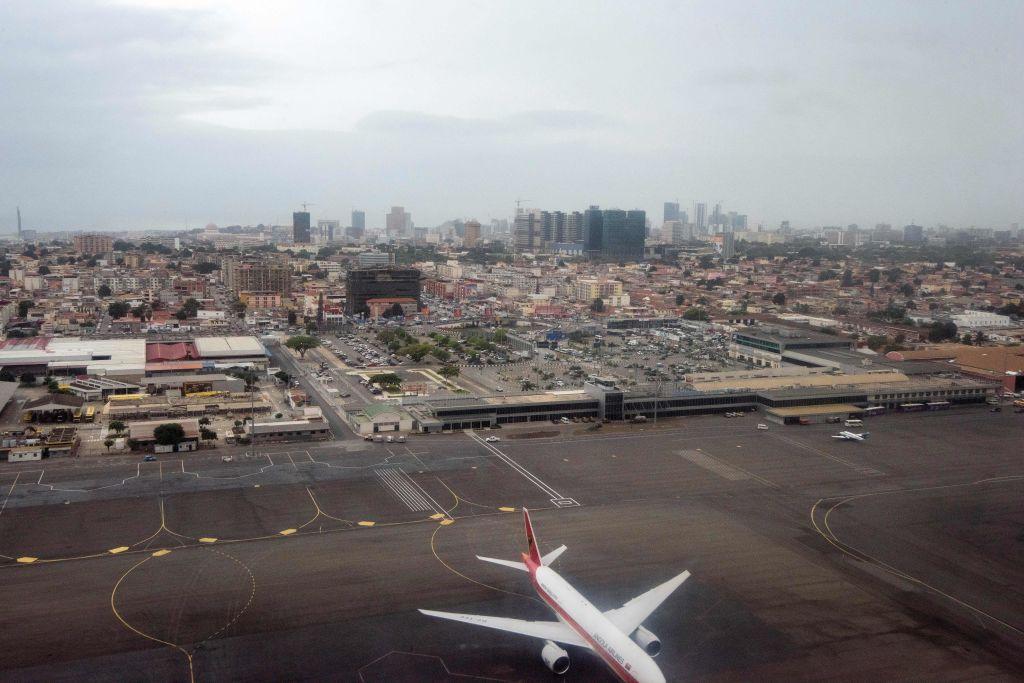An airport project in Luanda, the capital of Angola, Africa, represents one of the many frustrations of locals with China’s presence, since the Chinese company that managed and funded the project has come under scrutiny for its past misdealings.
The firm, known as China International Fund (CIF), led a consortium of Chinese companies, in conjunction with Brazilian conglomerate Odebrecht, to build the international airport, which was designed with 12 gates for airliners, to accommodate 13 million travelers annually. Construction, which began in 2004, was expected to be completed by 2017.





